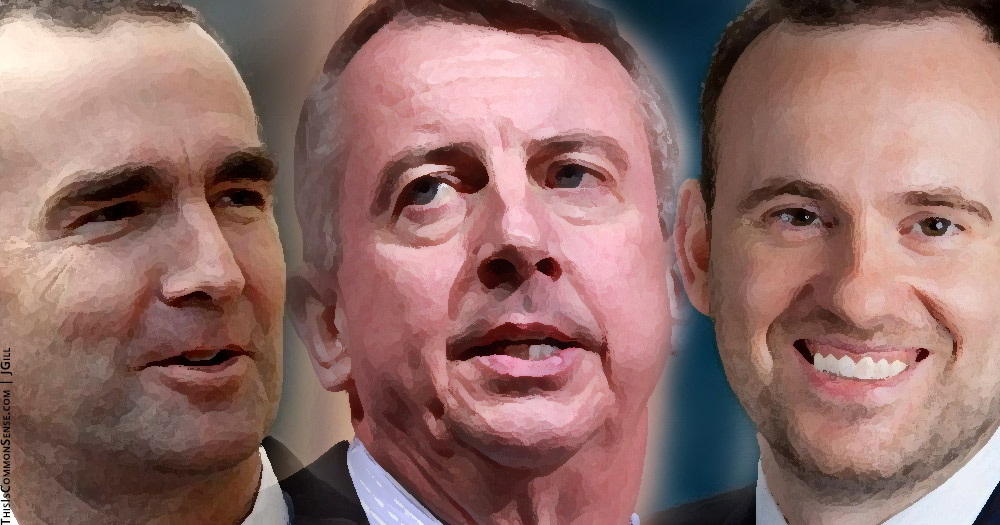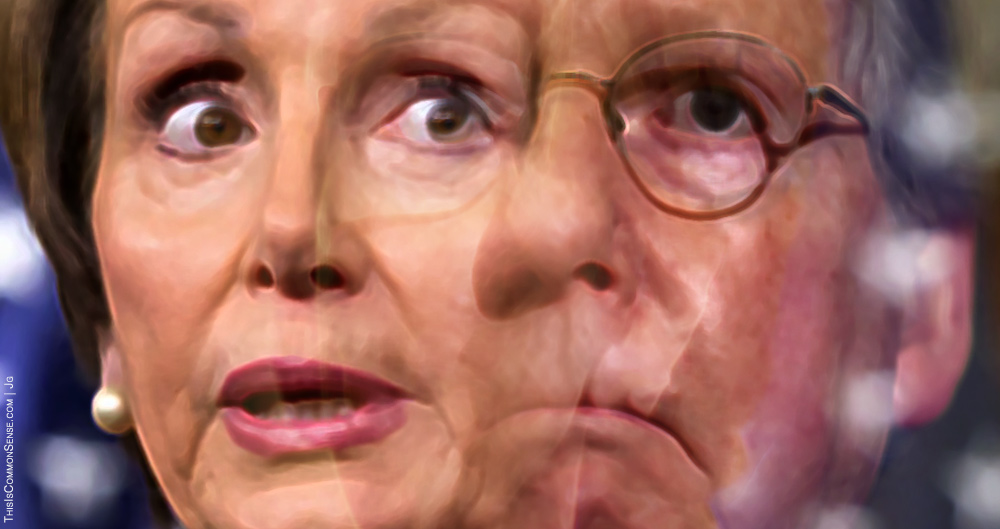Seven Republican members of Congress — three in the last two weeks — have announced their retirement.* The Democrats, needing 24 additional seats to gain a majority, see an opening.
Steve Kornacki, MSNBC’s national political correspondent, calls these seven “pure retirements.” That is, these politicians aren’t seeking another office, they suffer from no scandal, and are “pretty good at getting re-elected”; they’re “just deciding to leave.” Kornacki notes that the GOP had eight pure retirements in 2006 when they lost the House, and the Democrats had eleven when their majority was destroyed in 2010.
On his MSNBC program, The 11th Hour, an exasperated Brian Williams complained, “On top of all that, since down is up and up is down, Bannon [is] threatening to — to use the verb of the moment — primary incumbent Republicans! Which is crazy.”
Williams refers to Steve Bannon, late of the Trump administration and now back at the helm of Breitbart News. Bannon is now working, as CNN reported, with “conservative mega-donor Robert Mercer, who is prepared to pour millions of dollars into attacks on GOP incumbents.” Incumbent Republicans thwarting Trump, that is.
“I don’t think anyone should be surprised,” remarked Ned Ryun, American Majority’s CEO. “It’s a natural reaction by the base to what they’ve perceived as a perhaps intentional inability to pass any Trump agenda items.”**
Ah, more spoilers! This week we’ve talked about Libertarian spoilers; now, pro-Trump spoilers. And, for years, non-profit groups such as the Club for Growth and U.S. Term Limits have helped a challenger against an incumbent, and been dubbed dangerous to Republican hegemony for their trouble.
Seems what connects all these anti-establishment folks is a commitment to principle over power.
This is Common Sense. I’m Paul Jacob.
* The retiring Republicans are Rep. Sam Johnson (R, TX‑3), Rep. Lynn Jenkins (R, KS‑2), Rep. Ileana Ros-Lehtinen (R, FL-27), Rep. John Duncan Jr. (R, TN‑2), Rep. Dave Reichert (R, WA‑9), Rep. Charlie Dent (R, PA-15), and Rep. Dave Trott (R, MI-11).
** Steve Kornacki responded to Brian Williams: “Absolutely unheard of for a nominee in either party to have that complete lack of support from Capitol Hill and then go out there and win the nomination [for president].… You have this element where all these members of Congress, even though it’s a president of their party on paper, don’t really feel they’re part of this presidency.”











